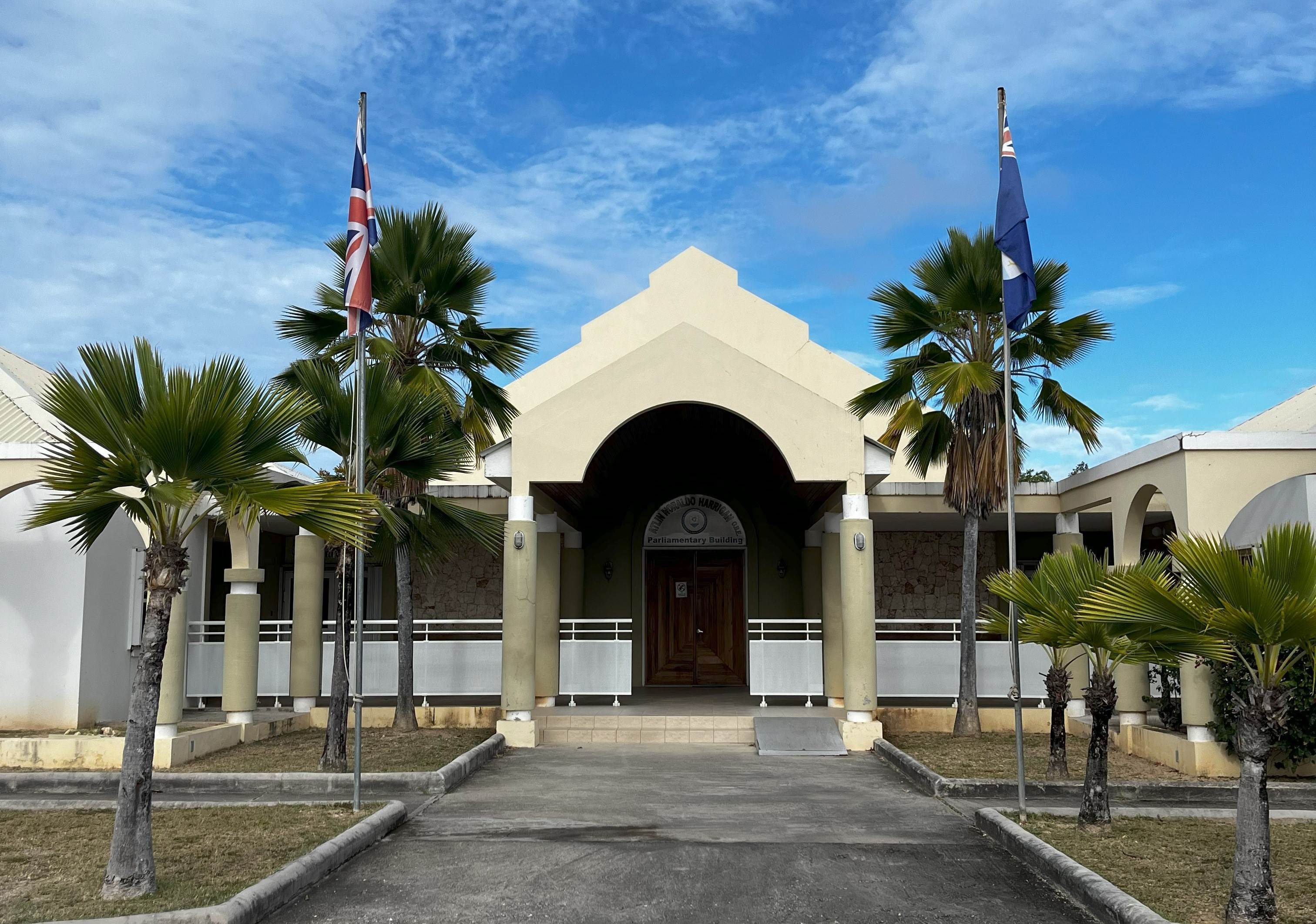
New global guide launched for MPs on climate crisis and solutions
A new guide launched at COP30 in Brazil will help policymakers understand the dangers of climate change – and the solutions that can bring about a safe and sustainable future.
The Parliamentarians’ Global Guide to Climate Change and Climate Solutions contains contributions from world-leading climate experts to provide policymakers everywhere with the latest evidence.
Featuring chapters on the fundamentals of climate change, biodiversity loss, climate adaptation, the low-carbon transition, food security and production, and carbon markets – the new guide also features a foreword written by youth climate campaigners and scientists that urges “brave and authentic leadership to navigate this age of complexity and uncertainty”.
The Secretary-General of the Commonwealth Parliamentary Association, Stephen Twigg, endorsed the guide and said:
“The Commonwealth Parliamentary Association is delighted to support this important new global guide as a useful tool for our all our members. Rapid climate action is an imperative for human health and wellbeing as well as long term economic prosperity.”
Coordinated by the University of Exeter, Arizona State University and the Inter-Parliamentary Union, the guide’s authors include international academic experts, climate leaders and senior UN representatives who stress the urgency of taking action and the need for politicians and lawmakers to work together with the scientific community to counter the threat of climate change.
This guide follows the success of last year’s guide for UK policymakers, launched by the University of Exeter and Peers for the Planet.
Stuart Brocklehurst, Deputy Vice-Chancellor, Business Engagement and Innovation at the University of Exeter, said:
“This guide builds upon the success of its predecessor by setting out for the world’s lawmakers the gravity of the risks we face should we fail to curb climate change. Equally as important, it aims to spur policymakers to action in the knowledge that a different path lies within our reach and our collective power to achieve.”
Amanda Ellis, Global Strategic Partnerships Lead for the ASU Julie Ann Wrigley Global Futures Lab said:
“The climate science to policy to action interface is key. We have the science. We have the solutions. Parliamentarians are key to creating the legislative conditions to transform both into real local action for global outcomes.”
Martin Chungong, Secretary General of the Inter-Parliamentary Union, said:
“I welcome the Parliamentarians’ Global Guide to Climate Change and Climate Solutions, to which the IPU has been pleased to contribute, as a valuable tool for strengthening parliamentary leadership on climate action.”
Malini Mehra, CEO of GLOBE Legislators, said:
“Through our role as the UNFCCC Focal Point for Parliamentarians, we have used the original guide to curate vital new conversations on the science policy and parliamentary interface, including at our COP pavilions and Climate Action Weeks. Parliaments make COPs count and are central to effective implementation of climate commitments. We look forward to using this new global version to spur parliamentary scrutiny and leadership to tackle the climate crisis more effectively.”
Stressing the role of Parliamentarians in ensuring a sustainable and climate-just future, Hon. Neema Lugangira, Secretary General of Women Political Leaders (WPL) and former Member of Parliament of Tanzania, added:
“Parliaments must lead on climate action that protects soil health, nutrition security, and the sustainability of our land and seas. Women Parliamentarians are critical in ensuring such policies are inclusive, equitable, and grounded in community realities.”
The Parliamentarians’ Global Guide to Climate Change and Climate Solutions is available to read and download by clicking here.
-ENDS-
The Commonwealth Parliamentary Association (CPA) is an international community of 180 Parliaments at national, state, provincial and territorial level working together to deepen the Commonwealth’s commitment to the highest standards of democratic governance.
The CPA Small Branches network represents the Parliaments in the small jurisdictions of the Commonwealth to identify their particular needs and requirements in parliamentary strengthening, development and cooperation. CPA Small Branches are classified as those jurisdictions (national and sub-national) with populations of up to 1 million inhabitants.



